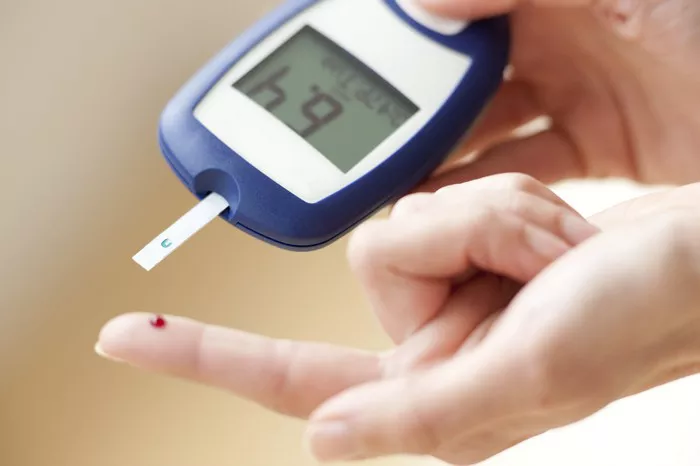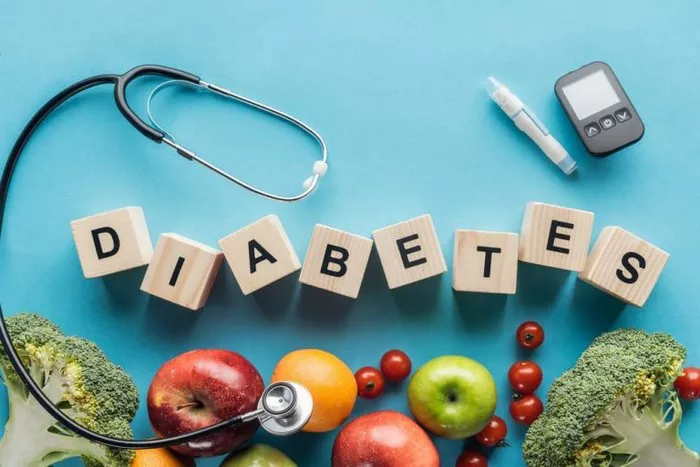Insulin resistance stands as a pivotal factor in the complex landscape of diabetes and metabolic health. As the prevalence of diabetes continues to rise globally, understanding the mechanisms and treatment options for insulin resistance becomes increasingly crucial. While lifestyle modifications remain cornerstone strategies in managing insulin resistance, medications play a vital role, especially in cases where lifestyle interventions alone are insufficient. In this article, we will explore the various medications used to manage insulin resistance, their mechanisms of action, effectiveness, individualized treatment approaches, combination therapy strategies, monitoring considerations, and the importance of long-term management.
Insulin resistance refers to a condition where cells become less responsive to the actions of insulin, impairing glucose uptake and utilization. This resistance leads to compensatory hyperinsulinemia, which further exacerbates metabolic dysfunction. Insulin resistance plays a central role in the pathogenesis of type 2 diabetes, contributing to hyperglycemia, dyslipidemia, hypertension, and increased cardiovascular risk. Its development is multifactorial, involving genetic predisposition, obesity, sedentary lifestyle, inflammation, and other metabolic abnormalities.
Role of Medication in Managing Insulin Resistance
While lifestyle modifications such as diet and exercise remain foundational in managing insulin resistance, medications are often necessary to achieve optimal glycemic control and mitigate the risk of diabetes-related complications. Medications for insulin resistance work by targeting various pathways involved in glucose metabolism, insulin sensitivity, and pancreatic function.
Biguanides: Metformin is the prototypical biguanide medication used as a first-line treatment for type 2 diabetes. It primarily reduces hepatic glucose production and improves insulin sensitivity in peripheral tissues.
Thiazolidinediones (TZDs): Pioglitazone and rosiglitazone are TZD medications that activate peroxisome proliferator-activated receptor gamma (PPARγ) receptors, thereby improving insulin sensitivity and glucose uptake in adipose tissue, muscle, and liver.
Insulin Sensitizers: Rosiglitazone, belonging to the TZD class, is often categorized as an insulin sensitizer due to its mechanism of action. It enhances insulin sensitivity and glucose uptake in cells, complementing its role as an anti-diabetic medication.
Other Medications: GLP-1 receptor agonists (e.g., exenatide, liraglutide), DPP-4 inhibitors (e.g., sitagliptin, saxagliptin), and SGLT-2 inhibitors (e.g., canagliflozin, empagliflozin) are additional classes of medications used in the management of insulin resistance and type 2 diabetes. While their primary mechanisms of action differ, they indirectly influence insulin sensitivity and glucose metabolism, leading to improvements in glycemic control.
Mechanism of Action
Each class of medication exerts its effects through distinct mechanisms that target various aspects of glucose metabolism and insulin sensitivity. Metformin primarily inhibits hepatic gluconeogenesis and enhances peripheral glucose uptake by activating AMP-activated protein kinase (AMPK). TZDs activate PPARγ receptors, modulating gene expression involved in glucose and lipid metabolism. GLP-1 receptor agonists stimulate insulin secretion, suppress glucagon secretion, delay gastric emptying, and promote satiety, thereby improving glycemic control.
Effectiveness and Side Effects
The effectiveness of medications in improving insulin sensitivity and managing insulin resistance varies among individuals and depends on factors such as the severity of insulin resistance, comorbidities, and medication adherence. Common side effects associated with these medications include gastrointestinal symptoms (e.g., nausea, diarrhea), weight gain (particularly with TZDs), hypoglycemia (especially when used in combination with insulin or sulfonylureas), and fluid retention.
Individualized Treatment Approach
Individualized treatment plans are essential in managing insulin resistance, considering the diverse needs and characteristics of each patient. Medication selection and dosing should be tailored based on factors such as the patient’s medical history, preferences, tolerability, and response to treatment. Close collaboration between patients and healthcare providers is key to optimizing treatment outcomes and addressing individual concerns.
Combining different classes of medications or combining medication with lifestyle modifications can optimize treatment outcomes and improve glycemic control. Combination therapy may target multiple pathways involved in glucose metabolism, leading to synergistic effects and better overall metabolic health. However, careful consideration of potential drug interactions, side effects, and patient preferences is necessary when implementing combination therapy.
Monitoring and Follow-Up
Regular monitoring and follow-up with healthcare providers are essential to assess treatment efficacy, adjust medication regimens as needed, and address any potential medication-related adverse effects. Monitoring parameters may include blood glucose levels, HbA1c, lipid profile, renal function, and blood pressure. Patient education and empowerment play a crucial role in promoting medication adherence and facilitating self-management.
Managing insulin resistance is a lifelong journey that requires ongoing commitment to healthy lifestyle habits, regular medical check-ups, and adherence to medication regimens. Long-term management aims to prevent diabetes-related complications, improve quality of life, and promote overall health and well-being. It involves a holistic approach encompassing medication therapy, lifestyle modifications, patient education, and psychosocial support.
Conclusion
Medications play a vital role in managing insulin resistance and achieving optimal glycemic control in individuals with diabetes. Understanding the different classes of medications, their mechanisms of action, effectiveness, side effects, and individualized treatment approaches is essential for healthcare providers and patients alike. By integrating medication therapy with lifestyle modifications and regular monitoring, individuals with insulin resistance can embark on a path towards improved metabolic health and reduced risk of diabetes-related complications.
Related Topics:
How I Cured My Insulin Resistance?


























